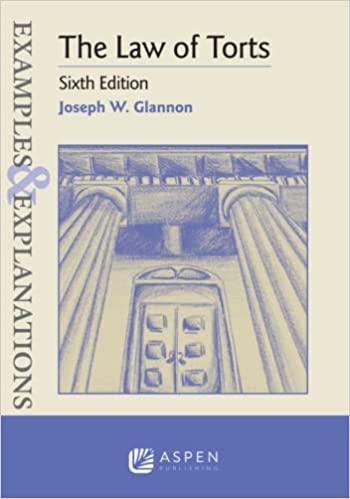Question
1. Members' voluntary winding up occurs when Select one: a) The company is solvent b) Creditors petition the court c) The company is insolvent d)
1. Members' voluntary winding up occurs when
Select one:
a) The company is solvent
b) Creditors petition the court
c) The company is insolvent
d) The directors petition the court
2.The ratifiability principle laid down in Foss v Harbottle (1843) shows that:
Select one:
a. If there is a complaint by the minority that some act was done wrongly, it could be ratified by an ordinary resolution in a general meeting to authorize the act as long as it is lawful
b. The proper plaintiff to bring an action against the company is the company itself.
c. Regardless of the type of act that was done wrongly, only a special majority can ratify it.
d. No wrong act can be ratified by the members
3. An exception to the rule in Foss v Harbottle (1843) is where the majority is committing a fraud against the minority. Which one of the following is not regarded as in the category of fraud?
Select one:
a. Use of powers for an improper purpose.
b. Breaches of duty
c. Directors exercising their powers to manage the company
d. Acts which benefits the majority at the expense of the company.
Step by Step Solution
There are 3 Steps involved in it
Step: 1

Get Instant Access to Expert-Tailored Solutions
See step-by-step solutions with expert insights and AI powered tools for academic success
Step: 2

Step: 3

Ace Your Homework with AI
Get the answers you need in no time with our AI-driven, step-by-step assistance
Get Started


